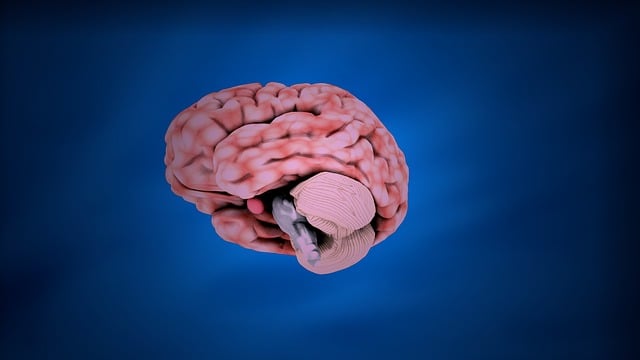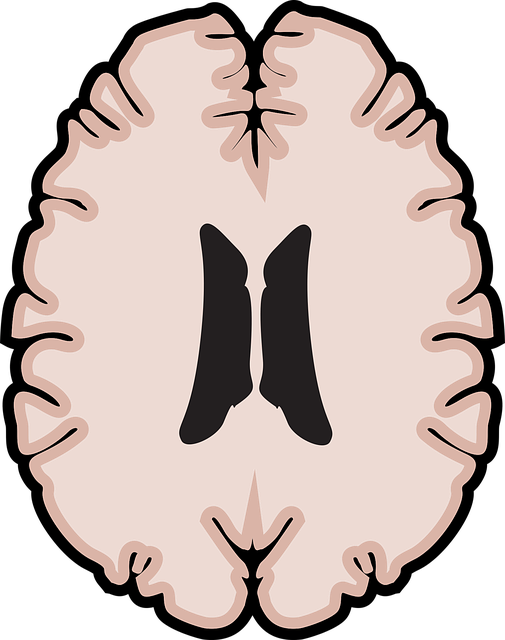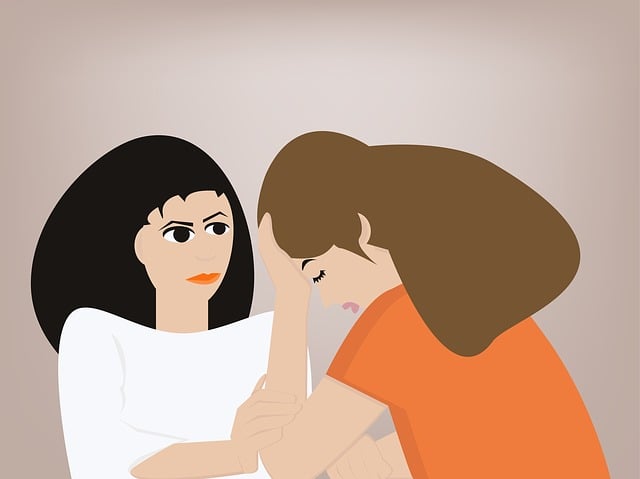Mental health crisis hotlines offer immediate assistance, guidance, and confidential conversations to adults in acute emotional distress, with trained professionals providing tools for depression prevention, trauma support, and self-esteem enhancement. Therapy for adults struggling with self-esteem issues is a critical component of these services, using techniques like CBT and mindfulness meditation to challenge negative thought patterns and boost self-image. Accessing these 24/7 hotlines grants direct connection to supportive spaces, offering resources like therapy and community outreach programs for comprehensive crisis support and long-term mental well-being.
“In times of mental health crisis, access to immediate support can be a lifeline. This article explores the vital role of mental health crisis hotline services in providing critical assistance to adults in distress. We delve into understanding these hotlines, their operation, and the unique benefits they offer. From boosting self-esteem through therapy to long-term recovery, this guide provides a step-by-step overview on accessing these resources. Discover how hotline support can be a game-changer in navigating mental health challenges and fostering continuous care for better well-being.”
- Understanding Mental Health Crisis Hotlines: A Lifeline for Adults
- The Role of Therapy in Crisis Support: Boosting Self-Esteem
- Accessing and Utilizing Hotline Services: A Step-by-Step Guide
- Beyond the Call: Long-Term Benefits and Continuous Care
Understanding Mental Health Crisis Hotlines: A Lifeline for Adults

Mental health crisis hotline support services are a crucial resource for adults experiencing acute emotional distress. These hotlines offer immediate assistance and guidance, providing a safe space to express fears, anxieties, or feelings of despair. Trained professionals on the other end are equipped with tools for depression prevention, trauma support services, and strategies to enhance self-esteem. By offering confidential conversations, these hotlines encourage individuals to seek therapy for adults, which can be a transformative step towards mental well-being.
In today’s fast-paced world, navigating life’s challenges can feel overwhelming, leading many to overlook their mental health. Mental health crisis hotlines serve as a lifeline, helping individuals reconnect with their emotional needs and find clarity in stressful situations. Through mindfulness meditation techniques and empathetic support, these services empower adults to take control of their mental state, fostering resilience and promoting long-term well-being.
The Role of Therapy in Crisis Support: Boosting Self-Esteem

Therapy plays a pivotal role in crisis support services, offering a safe space for individuals to process and overcome intense emotions during mental health crises. One of the key aspects it addresses is self-esteem, often significantly impacted during such challenging times. For adults struggling with mental health issues, therapy provides an opportunity to challenge negative thought patterns and beliefs about themselves, fostering a more positive self-image.
Through various therapeutic techniques, including cognitive behavioral therapy (CBT) and mindfulness meditation, individuals can learn coping strategies to enhance their self-esteem. CBT helps identify and modify distorted thinking, replacing unhelpful self-criticism with realistic, encouraging thoughts. Mindfulness practices encourage non-judgmental awareness of the present moment, fostering a deeper connection with oneself. Community outreach programs and healthcare provider cultural competency training further contribute to crisis support by ensuring diverse populations have access to culturally sensitive therapy options, enhancing overall mental health care.
Accessing and Utilizing Hotline Services: A Step-by-Step Guide

Accessing hotline support services for mental health crises is a straightforward yet crucial process. The first step is to identify and reach out to local crisis hotlines, which are readily available 24/7. These hotlines offer confidential and non-judgmental spaces where individuals can share their struggles. Whether you’re seeking therapy for adults with self-esteem issues or other mental health concerns, trained professionals are ready to provide immediate assistance.
Utilizing these services involves simply dialling the hotline number. Once connected, you can expect a warm greeting and an opportunity to express your feelings openly. Communicating your needs effectively is key, so consider preparing a brief summary of your situation beforehand. Hotline operators will then guide you through appropriate resources, which may include direct therapy options or referrals to local mental health education programs designed to cater to diverse needs. Additionally, community outreach program implementations can provide further support, ensuring that you receive the comprehensive care required to navigate and overcome your crisis.
Beyond the Call: Long-Term Benefits and Continuous Care

Beyond the initial call, crisis hotline services offer a gateway to long-term benefits and continuous care for those experiencing mental health crises. These hotlines often provide valuable resources like therapy for adults struggling with self-esteem issues, offering a safe space to connect with trained professionals who can guide them towards sustainable solutions. The support doesn’t stop at the end of the conversation; many hotline programs follow up with individuals to ensure they receive the ongoing care they need.
This aftercare is crucial in navigating the complexities of mental health policy analysis and advocacy, promoting positive thinking, and implementing empathy-building strategies. By fostering connections between individuals in crisis and appropriate resources, these services contribute to a broader mental health landscape where support is accessible, continuous, and ultimately transformative.
Mental health crisis hotline support services play a pivotal role in empowering adults facing acute distress. By offering immediate, confidential assistance, these hotlines serve as a crucial first step towards recovery. Integrating therapy into crisis support not only enhances self-esteem but also provides lasting benefits, ensuring individuals receive the continuous care they need to navigate mental health challenges effectively. With accessible resources like hotline services and therapeutic interventions, adults can find hope, healing, and improved well-being.













